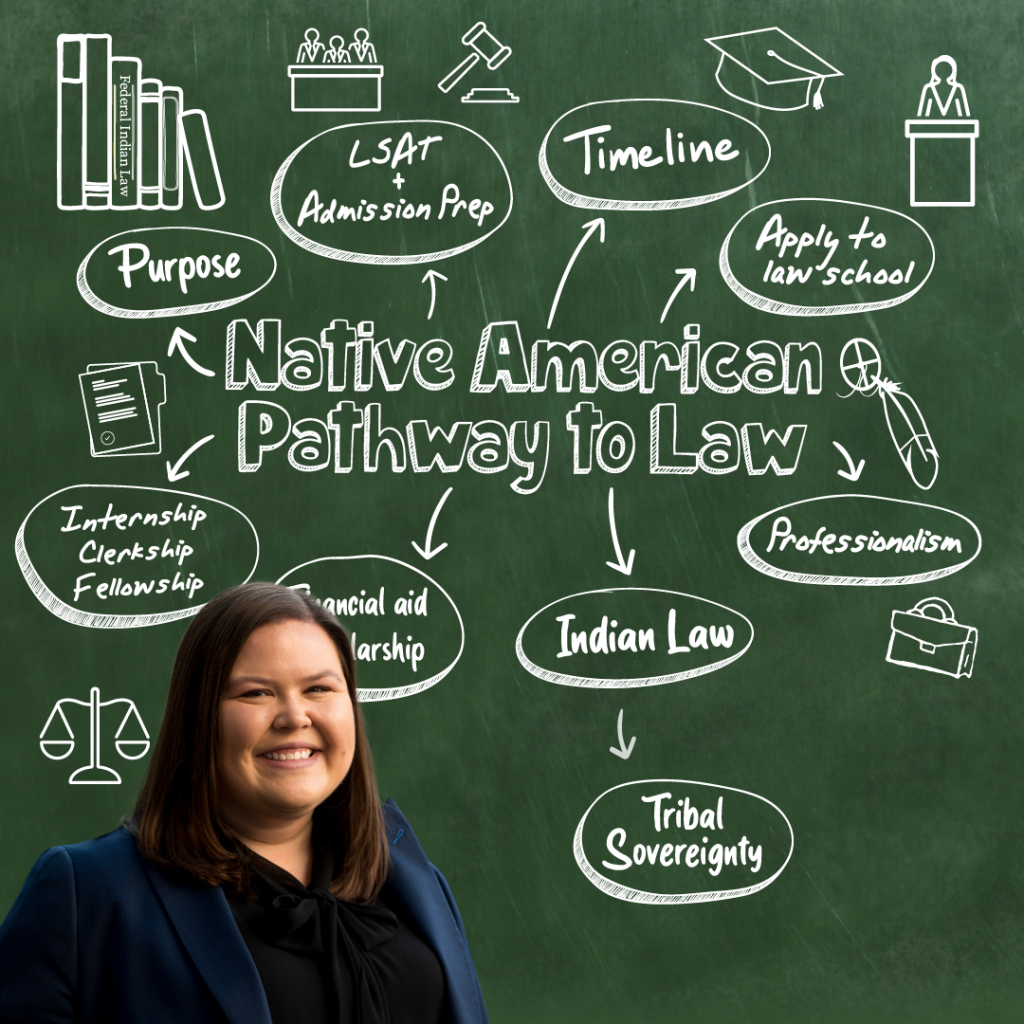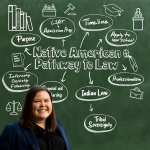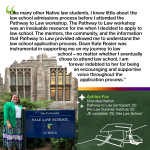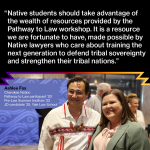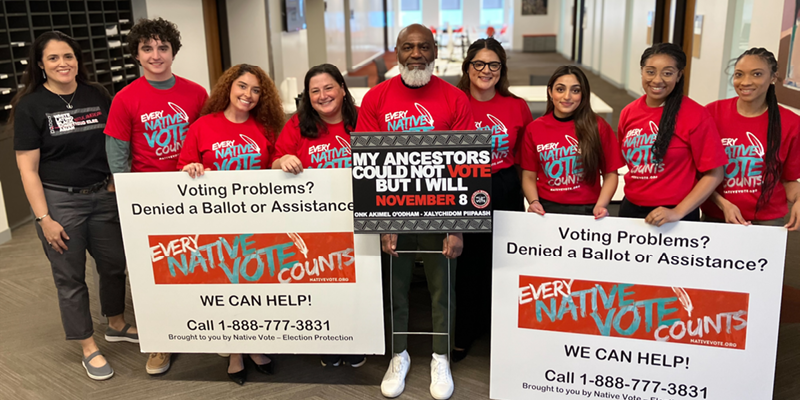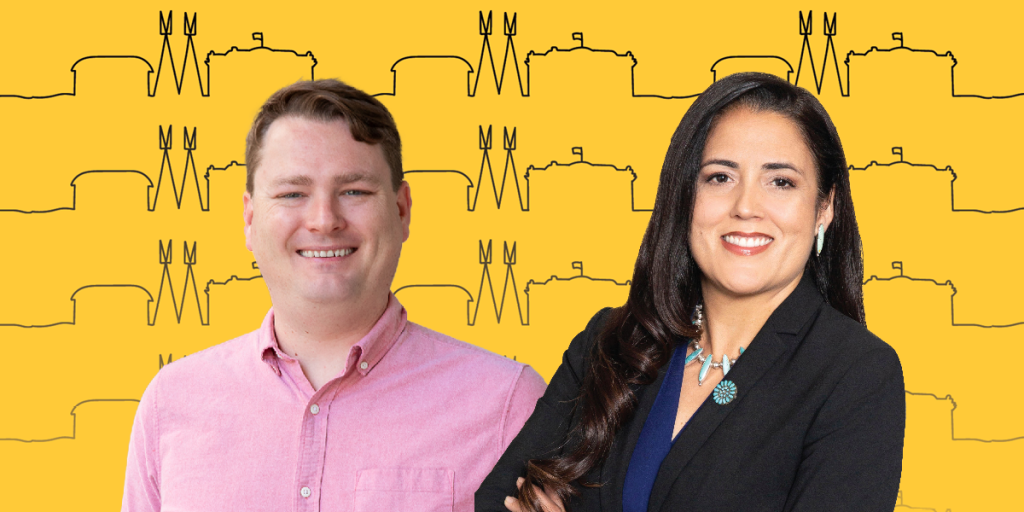Job Description: Native Hawaiian Legal Corporation will host an Equal Justice Works Fellow for up to 2 years in this fellowship program, to start as soon as possible and end January 23, 2026. The Fellow will work as a part of the Equal Justice Works Disaster Resilience Program, a national, professional Fellowship program for attorneys designed to mobilize legal aid in areas that have suffered disaster, including immigration and humanitarian crises, to ensure vital legal services are accessible, comprehensive, and responsive to the unique needs of individuals, families, and communities to rebuild more resilient communities.
Native Hawaiian Legal Corporation is committed to contributing legal services and advocacy needed for the pono recovery of West Maui following the tragic wildfires of August 2023, and is honored to collaborate with Equal Justice Works as a host organization in the Disaster Resilience Program. This partnership will allow a fellow in the program to work at NHLC as a staff attorney dedicated to legal work in scope of this program.
What We Do: Equal Justice Works is the nation’s largest facilitator of opportunities in public interest law. We facilitate Fellowships at legal services organizations to help fulfill our nation’s promise of equal justice for all.
As a Disaster Resilience Fellow, you will be part of a prestigious group of attorneys hosted by legal services organizations across the United States. During the Fellowship term, Fellows work collaboratively to:
- provide legal advice, referrals, and full representation to underserved Maui wildfire survivors;
- identify areas for policy change and reform;
- engage in outreach and education activities, such as Know-Your-Rights presentations;
- and work with community partners to increase disaster preparedness and resilience.
Native Hawaiian Legal Corporation is a non-profit legal service organization and the only law firm in the world dedicated to the practice of Native Hawaiian rights law. For 49 years, NHLC has steadfastly served the lāhui and people of Hawaiʻi to realize our vision for a just Hawaiʻi guided by Hawaiian values, customs, and ways of knowing. As a fellow at NHLC, you will join a firm with long history providing civil legal aid to Native Hawaiian families, Hawaiian Homes Commision Act beneficiaries, cultural practitioners, and stewards of Hawaiian lands, waters, cultural properties, and the natural environment. Our matters include work to protect constitutionally protected traditional and customary practice rights, hold government accountable to its trust duties, uphold Native Hawaiian entitlements, and ensure Native Hawaiian families have the legal counsel necessary to maintain homes and Hawaiian lifeways in Hawaii.
Fellowship Benefits: Equal Justice Works Fellows are part of a network of over 2,500 current and former Fellows dedicated to improving access to equal justice for all. As a member of the network, each Fellow has access to:
- Equal Justice Works’ annual Leadership Development Training, which is attended by ~300 current Fellows each year. The conference will be in-person in DC in the fall of 2024 and 2025.
- Responsive training and technical assistance from Equal Justice Work’s immigration TTA provider.
- Regular substantive and skills-based webinars throughout the Fellowship.
- Monthly networking and collaboration sessions with other Disaster Resilience Fellows.
- Additional networking opportunities with all Equal Justice Works Fellows throughout the year.
How to Apply: Please send a cover letter and resume to sharla.manley@nhlchi.org
Required Qualifications
- A passion for NHLC’s mission.
- Juris Doctor from an accredited law school
- License in good standing to practice law, preferably in HI
- Demonstrate commitment to social justice, with a desire to increase access to justice for disaster survivors and achieve results
- Outstanding verbal and written communication.
- Exceptional interpersonal and organizational skills.
- An ability to work collaboratively in a multidisciplinary setting to facilitate a coordinated community response and provide holistic services to clients.
- The desire and ability to work as part of a diverse and inclusive team, and to foster a diverse and inclusive workplace.
Preferred Qualifications
- Previous legal services experience, including civil legal aid, law school clinics, and/or internships.
- Prior disaster related legal experience.
- Experience with delivering training and presentations.
- Knowledge of and/or interest in Native Hawaiian communities, culture, language, lands, and waters.
- Experience practicing Native Hawaiian and/or indigenous law and human rights.
- Experience serving Native Hawaiian and/or indigenous communities.
Work Environment: Work is performed primarily indoors. Employee will be in contact with chemicals and materials normally found in office environments. Employee will be exposed to low to moderate levels of noise and distraction. Employee may be required to walk to various agencies to conduct research and may be exposed to city pollution, sunlight, heat, humidity, and inclement weather. As needed, employee may conduct outdoor site visits to locations relevant to client matters. Access to some outdoor sites may require employee to follow established federal, state, and/or county government recommendations regarding donning proper personal protective equipment (PPE) due to potential air quality and hazardous materials in the area. Employees must comply with all recommendations and minimize visits to those areas.
Benefits
- Medical and dental insurance.
- Generous combined leave and holiday policy.
- Flexible hybrid-work policy.
- After 1 year of employment, 401(k) contribution plan with employer matching.

